Pixel 7a doesn't exactly have the same chip as the Pixel 7
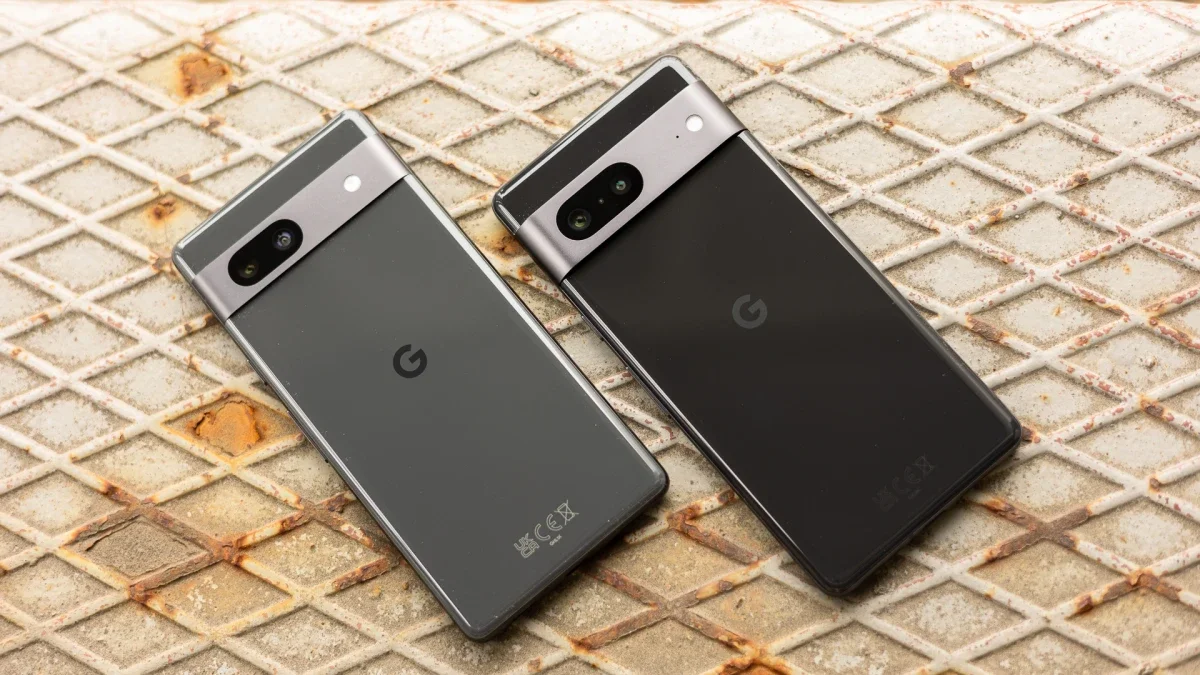
If you compare the specs sheet, you might think that the mid-tier Pixel 7a has the same Tensor G2 chipset as the Pixel 7, but apparently, that's not the case.
Kamila Wojciechowska, who is known to leak stuff about Pixel phones, has found that the Tensor G2 that powers the Pixel 7a is an inferior version of the G2 that fuels the Pixel 7 and 7 Pro.
Although both versions of the chips are pretty much the same, Google went for a different packaging technique for the Pixel 7a's SoC. Packaging is the last stage in the production of chips and it involves placing a chipset in a protective covering to protect it from external elements and help it connect to other parts of the device it's meant for.
Google reportedly used the IPoP tech for the Pixel 7a, which Samsung first used for 2018's Galaxy S9. For the Tensor G2, it used a more advanced tech called FOPLP-PoP.
Like everything else, the packaging tech is getting complicated. Chips made using IPOP are thicker and larger compared to FOPLP chips and also run hotter. But the FOPLP tech is complicated and more expensive, which explains why Google went for IPOP for the Pixel 7a. Even the first Tensor chip used the FOPLP tech.
There don't seem to be any discernible difference between the Pixel 7a's G2 and Pixel 7's G2 though and both appear to perform similarly. Their CPU benchmark scores are also comparable but the Pixel 7 performs better under longer periods of heavy load and is better for gaming.
Still, at the end of the day, the difference is not huge, and at most, the Pixel 7a might get a little hotter at times or slow down a bit, but that's about it. The Pixel 7a is $100 cheaper than the Pixel 7 so most buyers will probably ignore this small difference and continue to regard it as one of the best affordable phones.


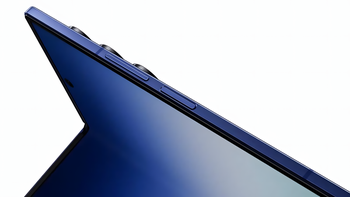
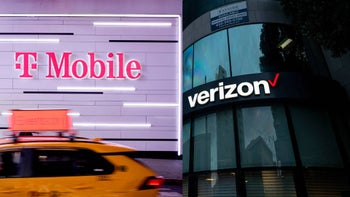
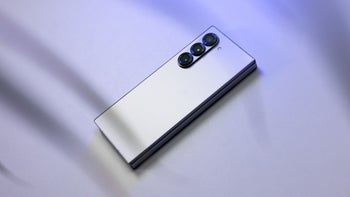
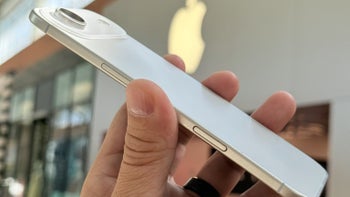

![Verizon users should be on their guard after post from hacker [UPDATED]](https://m-cdn.phonearena.com/images/article/171839-wide-two_350/Verizon-users-should-be-on-their-guard-after-post-from-hacker-UPDATED.webp)




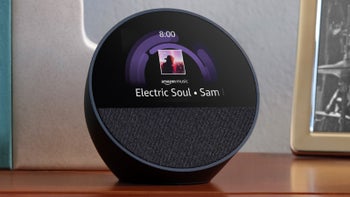
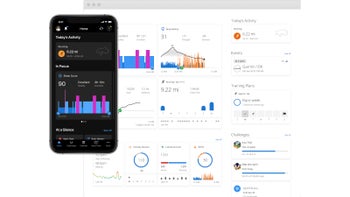
Things that are NOT allowed:
To help keep our community safe and free from spam, we apply temporary limits to newly created accounts: